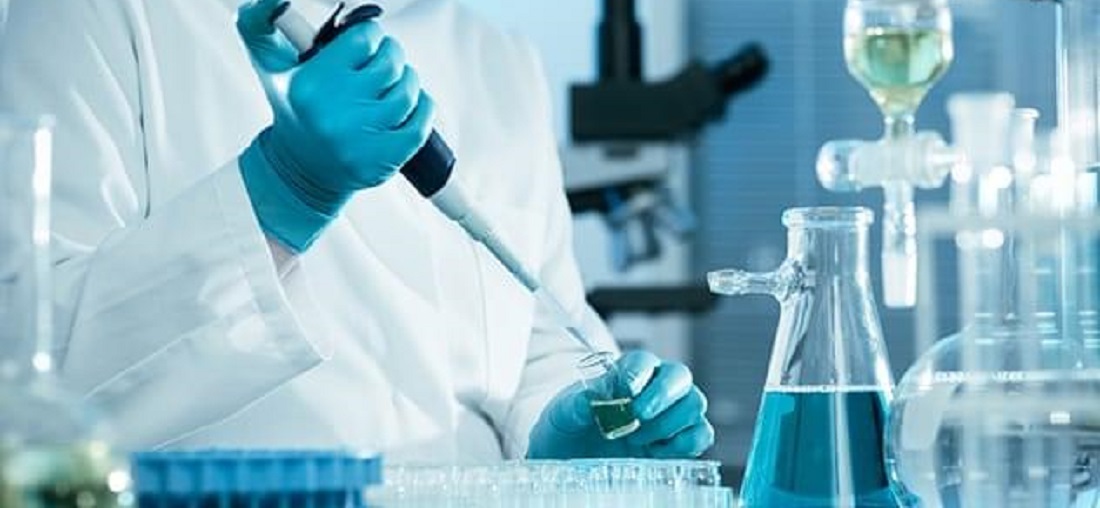
Chemical imports jump 50% in Brazil
Aug, 22, 2023 Posted by Gabriel MalheirosWeek 202335
Rising Brazilian imports of chemical products, which have steadily grown and culminated in a record trade deficit of US$63 billion in 2022, have continued to surge in 2023. This trend has driven national chemical production and internal sales for industrial use to a 17-year low, resulting in an industry-wide idleness exceeding 30%.
The global scenario chracterized of excess capacity, slower consumption rates in major economies, and the supply of cheap Russian oil to Asia after the Ukraine invasion sanctions have collectively intensified the trade balance disparity. This has led to what economists and industry representatives are now referring to as Brazil’s current “import surge.”
In July, data from the Brazilian Chemical Industry Association (Abiquim) revealed that purchases of chemical products from abroad reached US$5.1 billion, totaling 5 million tonnes – a level not seen for over a year. This surge amounts to a 50% increase compared to February, when imports stood at 3.3 million tonnes. Much of this growth is attributed to the influx of products that would have otherwise been domestically manufactured. However, these products lost market share to imported alternatives with more competitive costs.
See below imports of chemical products (HS codes 28-29) into Brazil between Jan 2019 and Jun 2023. The data used to draft the chart below was gathered with DataLiner.
Chemical imports | Jan 2019 – Jun 2023 | WTMT
Source: DataLiner (click here to request a demo)
Paulo Gala, a professor at the Getulio Vargas Foundation (FGV) and Chief Economist at Banco Master, sheds light on the situation, stating, “There’s an influx of petrochemicals coming from Asia, produced with cheap energy from Russia and not-so-conventional environmental practices.” Despite its efficiency, the Brazilian industry is grappling with unfavorable competitive conditions.
In the country, last year’s reduction of import taxes for a strategicically-chosen group of products, coupled with the unavailability of the Special Regime for the Chemical Industry (Reiq), which temporarily reduces PIS and Cofins rates on first and second-generation petrochemical raw materials, has compromised the already frail competitiveness of domestic chemical products.
Statistics concerning thermoplastic resins, which were initially included in the List of Exceptions to the Common External Tariff of Mercosur (Letec) in August of the previous year but later removed in April, underscore the extent of the damage. According to Abiquim’s Directorate of Economics, Statistics, and Competitiveness, while internal demand for resins (excluding PVC) rose by 1.8% in the first quarter, reaching 1.44 million tons, production plummeted by 17.4%, exports sank by 31.1%, and imports soared by 42.7%. Imports also increased their market share by 10 percentage points, capturing 37% of the demand.
André Passos Cordeiro, CEO of Abiquim, states that the regulation of Reiq, though providing relief, doesn’t entirely resolve the industry’s challenges. The sector has long advocated for a share of pre-salt gas to be allocated as raw material to reduce the cost of raw materials. Furthermore, industry suggestions to the federal government include the adoption of trade defense mechanisms that consider the evolving global geopolitics and dumping practices.
Cordeiro explains the structural and circumstantial factors impacting the sector’s competitiveness. While Brazil’s petrochemical industry relies heavily on naphtha, the cost of production based on naphtha is currently 3.6 times higher than gas-based production. Additionally, higher power and steam costs in Brazil have led to efforts to increase the supply of natural gas.
Addressing these challenges could unlock substantial investments of around R$70 billion, encompassing the establishment of a new petrochemical plant and the expansion of an existing cracker.
In response to the crisis, the Parliamentary Chemistry Front (FPQuímica) in Brasília issued a manifesto urging the government to enact “emergency and structural measures” to address the dire state of the sector. In the second quarter, Braskem, the largest petrochemical company in the region and the leading resin producer in the Americas, faced its second-worst operational result in history. Recently, its president, Roberto Bischoff, met with Minister Fernando Haddad to discuss Reiq.
Carlos Fadigas, former president of Braskem and board member of Abiquim, emphasizes the need for Brazil to follow the lead of countries that have adapted to the new geopolitics by implementing policies to strengthen their industries.
Source: Valor Econômico
To read the original text, visit: https://valor.globo.com/empresas/noticia/2023/08/21/importacao-de-quimicos-salta-50-no-brasil.ghtml
-
Ports and Terminals
Apr, 14, 2020
0
SPA no longer responsible for vessel moorings at public docks
-
Ports and Terminals
Apr, 15, 2020
0
EPL to carry out feasibility study on privatization of Itajaí Port
-
Trade Regulations
Jan, 18, 2021
0
CAMEX expands tariff cuts and suspends anti-dumping to intensify combat against Covid
-
Ports and Terminals
Aug, 19, 2022
0
Vessel arrival marks HBSA return to Port of Santos as terminal operator

